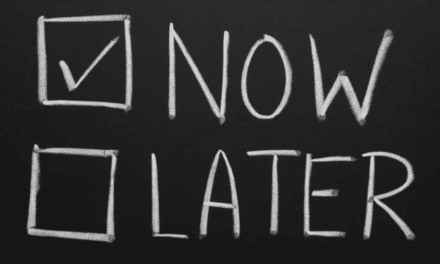The topic of burnout from work, and the associated sleep problems, is coming up all the time for me recently. Just a few weeks ago I was interviewed about this during a wellness event.
Today I want to share some tips for how to avoid burnout in the first place.
You can maintain your work ethic and peak performance during the day, while also sleeping well at night.
Today, the World Health Organization includes burnout in their International Classification of Diseases. It’s described as an occupational condition and not classified as a medical condition. But generally speaking, burnout is a reality for many professionals who work themselves to exhaustion.
Here are some practical ways to avoid burning yourself out.
Take a look at your entire 24 hours
When I work with clients, this is key to making sure they allocate enough hours to getting really good quality sleep.
When looking at the whole 24 hours, we are also planning in enough time for all the work and responsibilities, so that they don’t spill over into the night and interfere with sleep.
It’s a fine balance.
To make this work for yourself, I suggested starting out by working out how many hours of sleep you need personally.
Consider your work ethic
A term like ‘hard work’ can be subjective, so consider what it means to you.
Many of my clients are peak performers and love their work so much that they would completely ignore what I said in the section above.
The trouble is that hard work, to some degree, has lost its meaning. In our culture we can feel that we have never done enough, resulting in us working late into the night. It almost becomes self-punishment.
So think about your work ethic, and ask yourself if hard work could mean putting in 100% during normal nine to five hours, and then giving yourself your evenings back.
This video can help you to decide your own ideal number of hours.
Establish what ‘peak performance’ means to you
This is different from your work ethic. Peak performance is about getting the best out of your working hours – in other words, quality over quantity.
You want to get the most impact out of your effort for the day. So ask yourself if performing at your best is likely to happen if you are working late into the night – or perhaps it’s better for you to rest, recharge, and have more energy during office hours.
This is another video I recorded about improving your daytime performance.
Learn to compartmentalise
Something I work on with my clients all the time is their ability to compartmentalise things that they don’t want to take home with them from work.
For example, if you had made a mistake at work, you don’t want to spend your evening at home thinking about that mistake and all the possible implications of it.
We have a tendency to worry about the worst case scenario—so compartmentalising helps you to avoid this overthinking and burning yourself out, or keeping yourself awake all night.
Please remember that you need to take your days off and you deserve to rest in your evenings.
If you have experienced burnout yourself then I would love to hear about what helped you through it. Please do leave me a comment if you’d be willing to share.
Also, if you feel you are approaching burnout now and would like some help, I would like to offer you a complimentary session. Just complete your details below and we will get in touch to arrange this for you.
Article Written by Beatrix Schmidt
For All Your Wellbeing Needs Visit Blisspot.com






